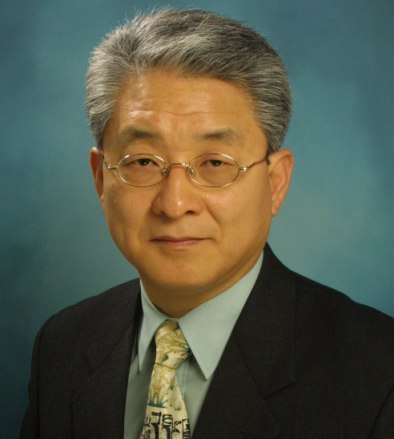작년에 이어 올해도 경제 성장에 대한 부정적인 전망이 만연하지만, 21세기경제연구소 대표이자 “대통령을 위한 경제학”의 저자인 최용식 소장은 긍정의 경제학이 필요하다고 주장다.
 |
최용식 소장 |
<관련 영문 기사>
Korea’s economy is doing well, despite skepticism
By Bae Hyun-jung
Overall outlooks on the nation’s economy for this year are negative as the Bank of Korea predicted lower growth and local industries are concerned about a protracted business slowdown.
It is, however, such pessimism that discourages and aggravates the economy, not the other way around, according to an economist.
“Negativism in economics has a self-fulfilling power,” said Choi Yong-sik, chief of the Turning Age Economic Research Institute, in an interview with The Korea Herald.
“Our country’s economic achievement last year and prospects for this year are altogether quite optimistic, contrary to the prevalent belief.”
Choi acted as an economic adviser to former President Roh Moo-hyun during the transition period and in the early stages of the administration in 2003.
He is also author of “Economics for the President,” a book in which he offers his analysis of Korea’s economy and suggestions for the incoming Park Geun-hye administration’s economic policies.
“Many feel threatened by the high level of household debt, which rose as a key issue during last year’s presidential election season,” the economist said.
But this sense of crisis is largely exaggerated, as the average level of household assets greatly exceeds that of loan debts, he explained.
“By tightening regulations on household loans, the government may ironically impose a ceiling on a growing economy, instead of boosting it,” Choi said.
He added that the negative assessment by the government and financial organizations will create a vicious cycle.
“Companies, when intimidated by pessimistic predictions, usually refrain from new investments, which then leads to stagnancy in consumption,” he said.
The Bank of Korea recently lowered its growth projection for this year from 3.2 percent to 2.8 percent.
Despite his optimistic theories on the current economic situation, Choi also expressed concerns over the incoming administration’s policy directions.
“Welfare has risen as one of the top buzz words, not only in the election campaigns but in the next government’s policy guidelines,” he said.
This may be disillusioning, however, as distribution of benefits may never precede economic growth itself, he said.
The economist also criticized the idea of economic democratization, a comprehensive economic slogan put forth by the incoming president.
“If the government were to ‘democratize’ the economy, it should then offer a fair chance to all economic subjects, including conglomerates,” he said.
The conglomerates’ monopoly should instead be approached in terms of fair trade processes, he added.
“President-elect Park pledged to stick to her pledges, including economic democratization, but as the next president, she should now look beyond the election campaign slogans.”
(tellme@heraldcorp.com)






![[Today’s K-pop] Blackpink’s Jennie, Lisa invited to Coachella as solo acts](http://res.heraldm.com/phpwas/restmb_idxmake.php?idx=644&simg=/content/image/2024/11/21/20241121050099_0.jpg)
